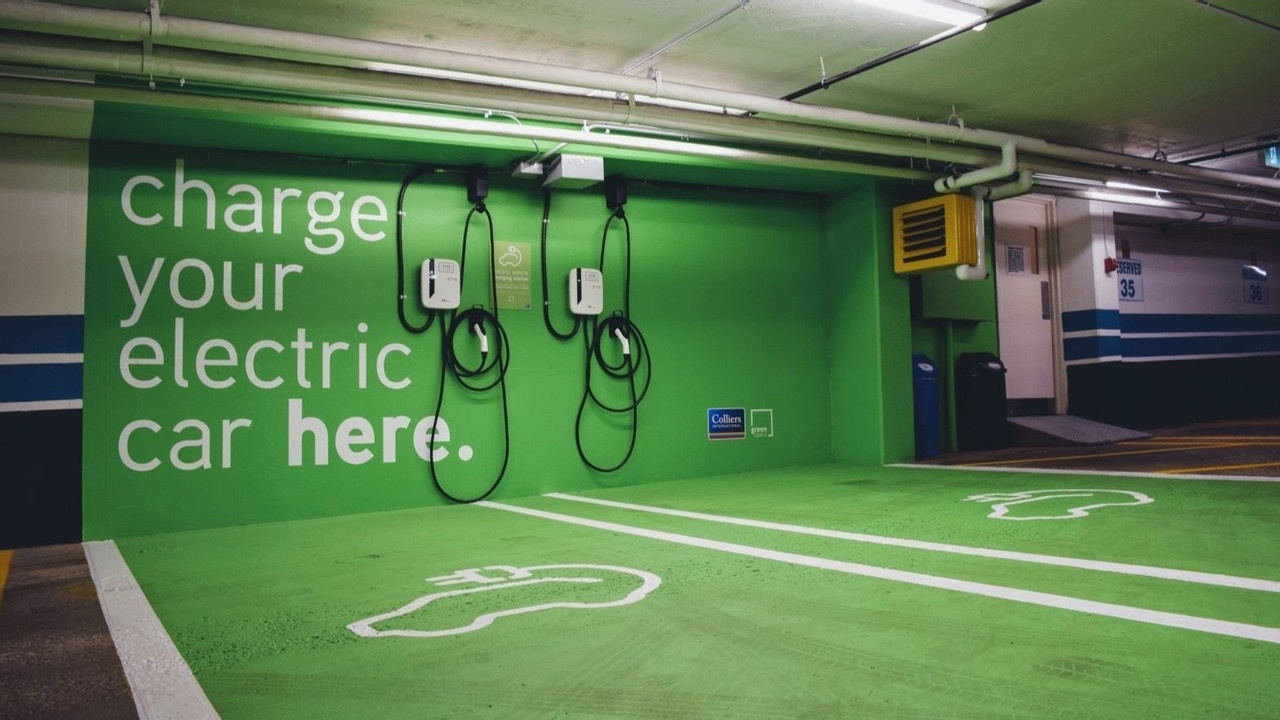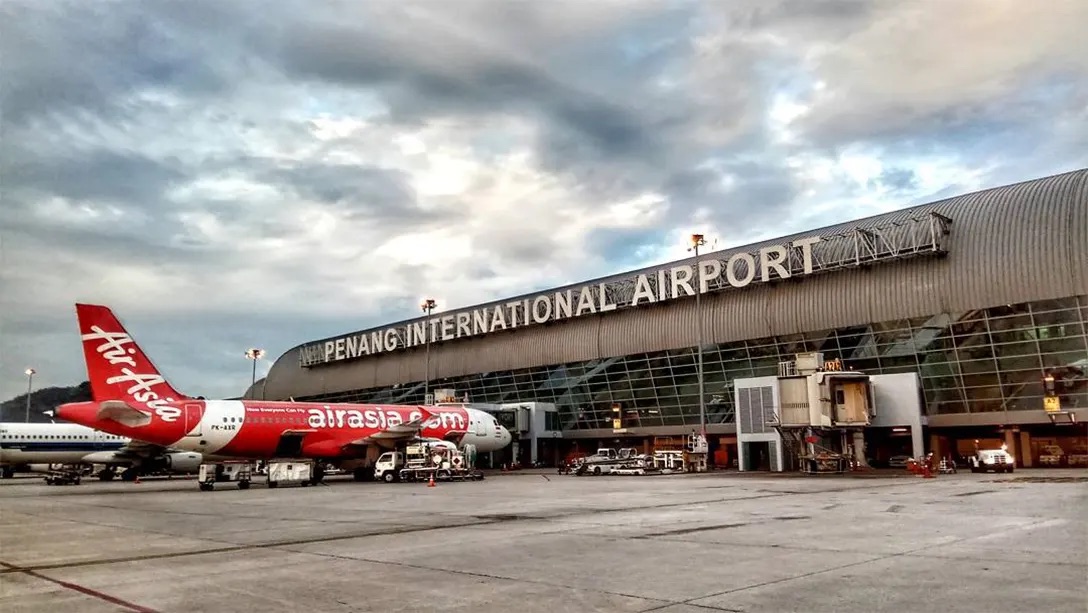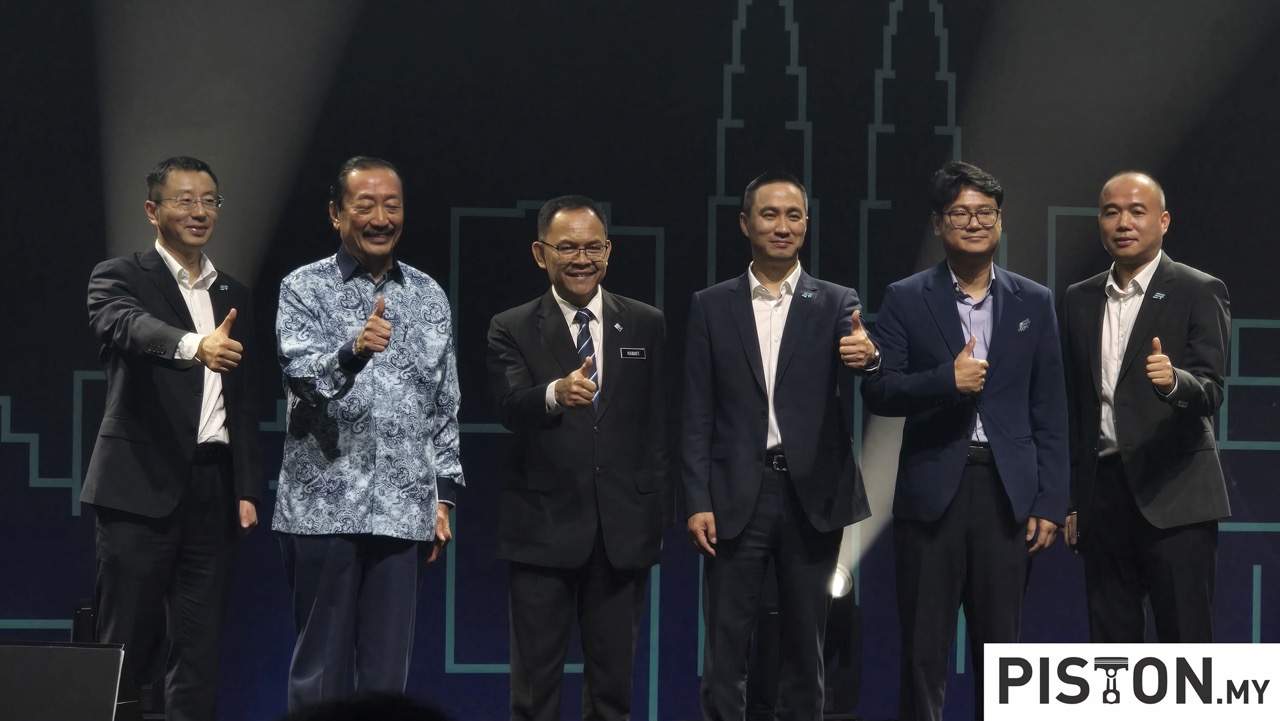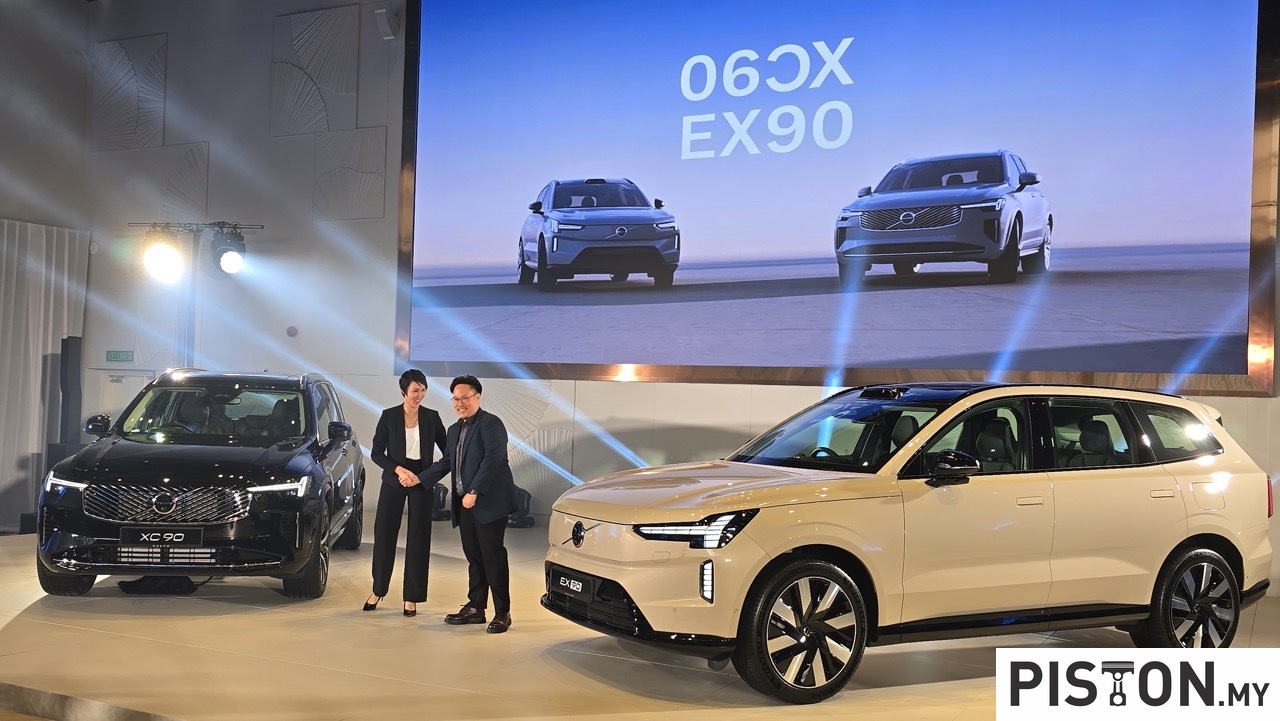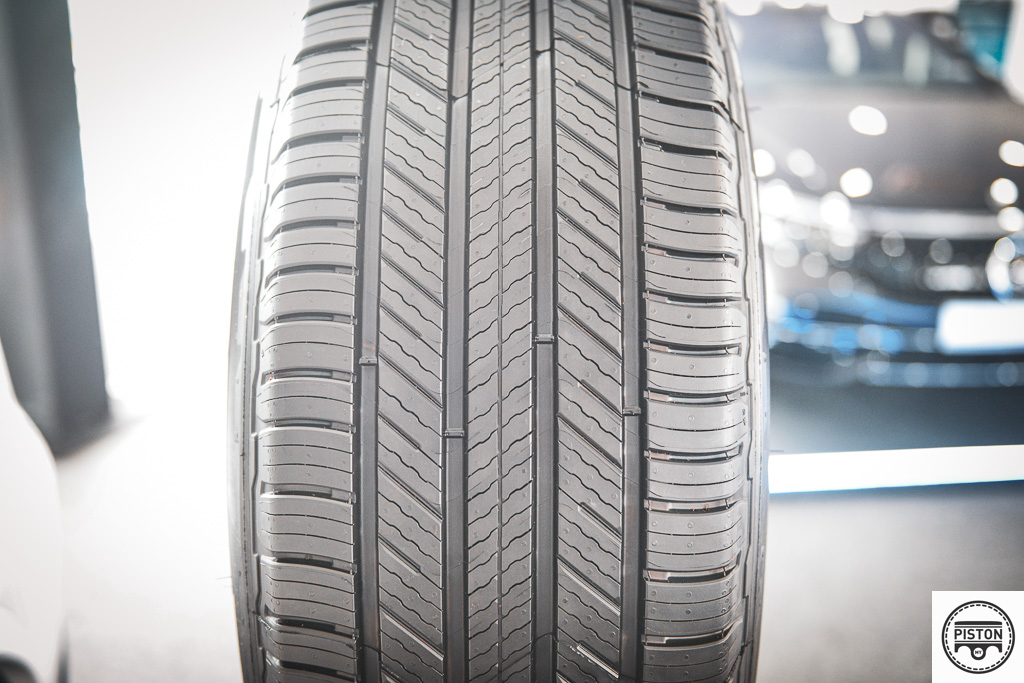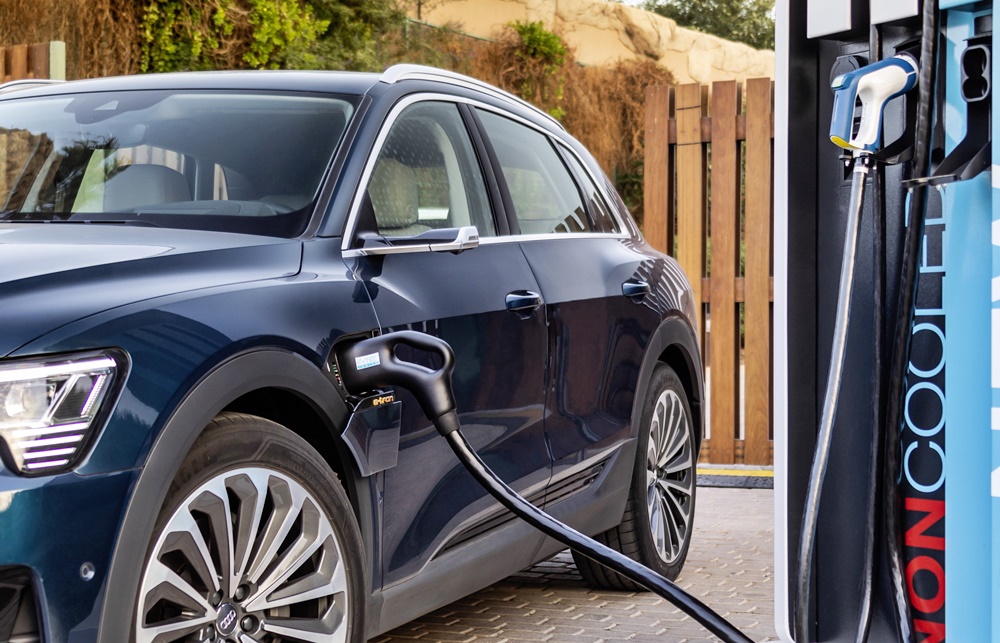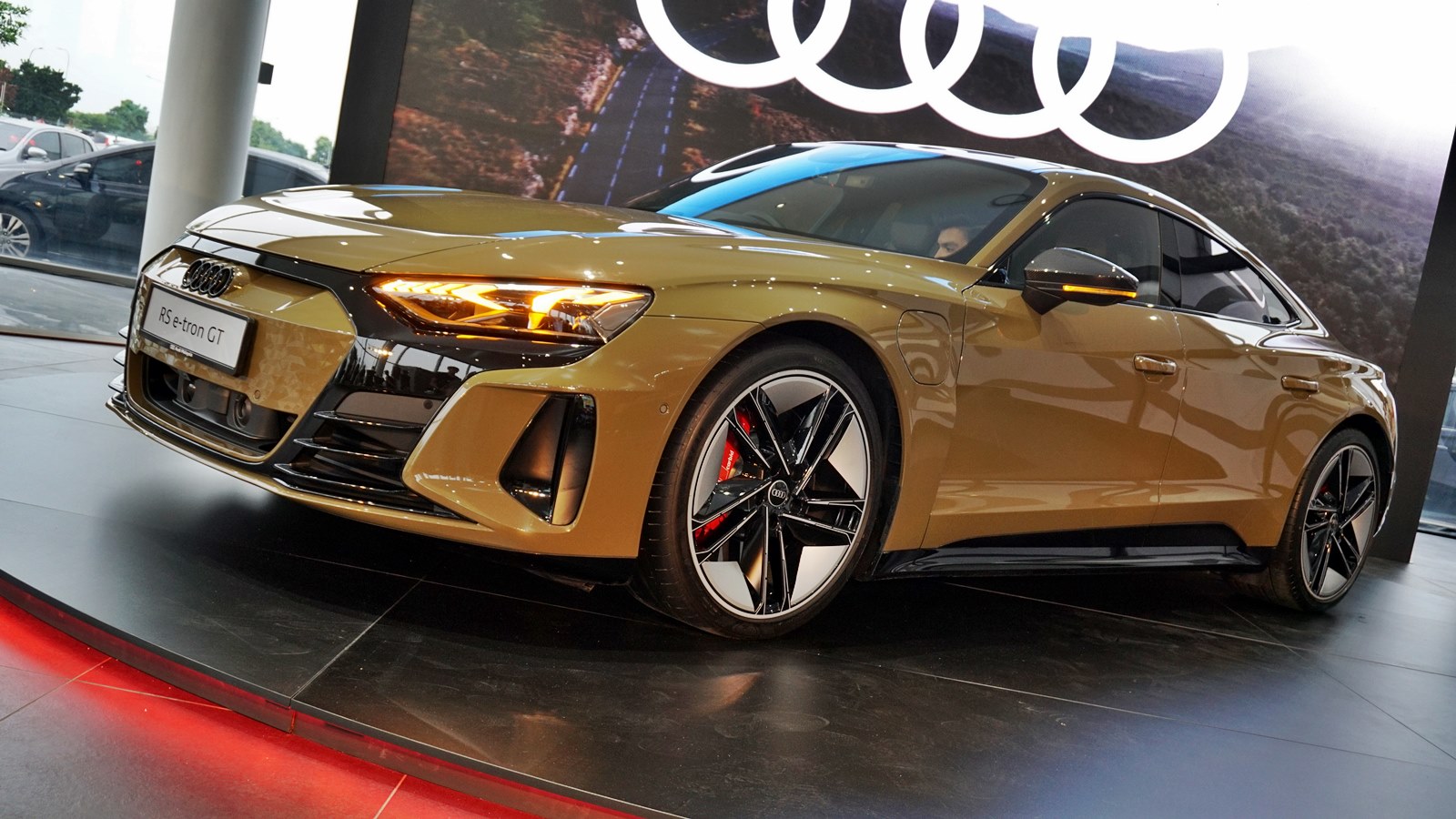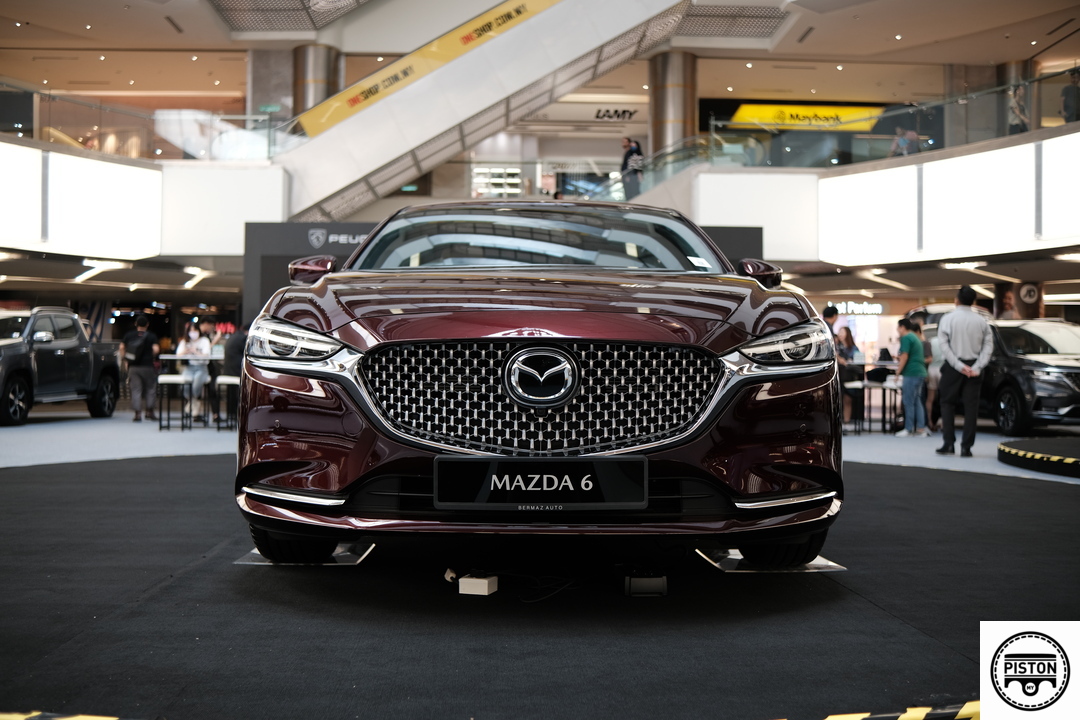Gentari’s Deputy CEO and Chief Green Mobility Officer, Shah Yang Razalli, has highlighted that Malaysia’s fuel subsidy policy goes against its efforts to encourage the use of electric vehicles (EVs). This conflict is hindering the overall push towards greater EV usage in the country.
As reported by TheEdge Malaysia, Razalli stressed that a key aspect in driving EV adoption is achieving a balance in the total cost of ownership (TCO). In simpler words, the question is: Is it more cost-effective to buy and run an EV over its entire lifetime compared to a traditional internal combustion engine (ICE) vehicle? This topic was discussed during a session at the Energy Transition Conference held on August 28.
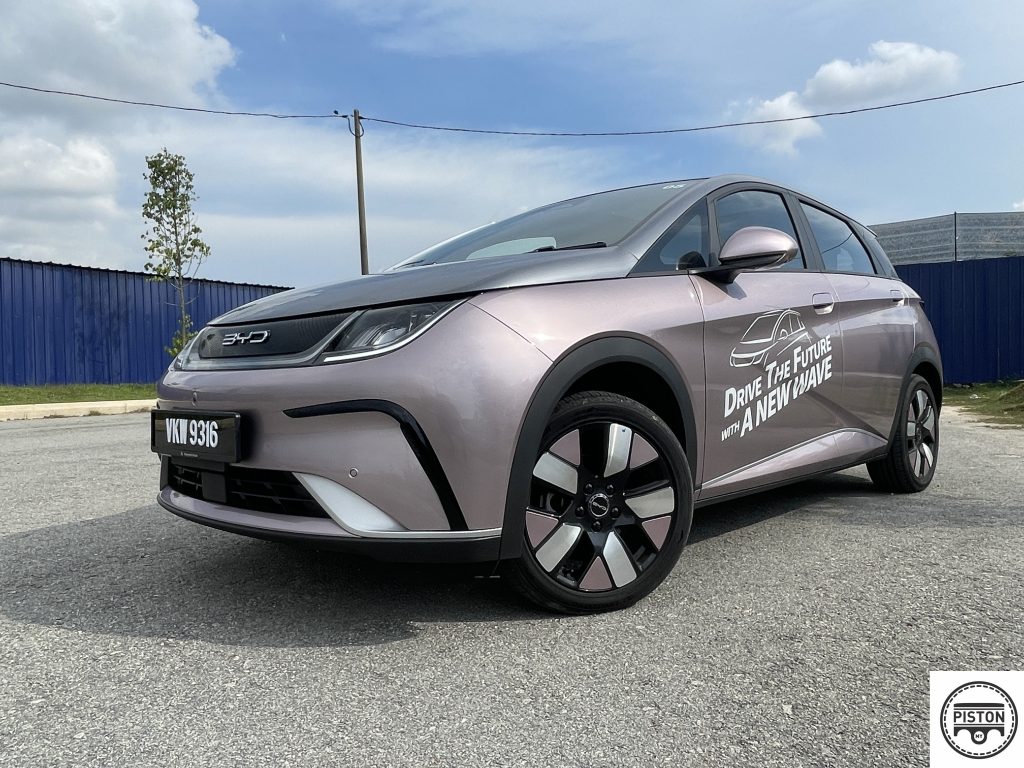
The obstacle to achieving cost parity between EVs and ICE vehicles is the presence of financial incentives. These incentives include direct subsidies for purchasing EVs and additional benefits such as free public charging, parking, or tolls. At the same time, any discouragement of fossil fuel usage is influenced by measures like fuel taxes or carbon taxes.
Shah Yang Razalli shared insights into the cost dynamics of EVs and their ICE counterparts, using Norway as an example where EVs are about 30% more cost-effective. He pointed out that countries that have successfully encouraged sustainable EV adoption aim for a 20% to 30% cost parity advantage for EVs.
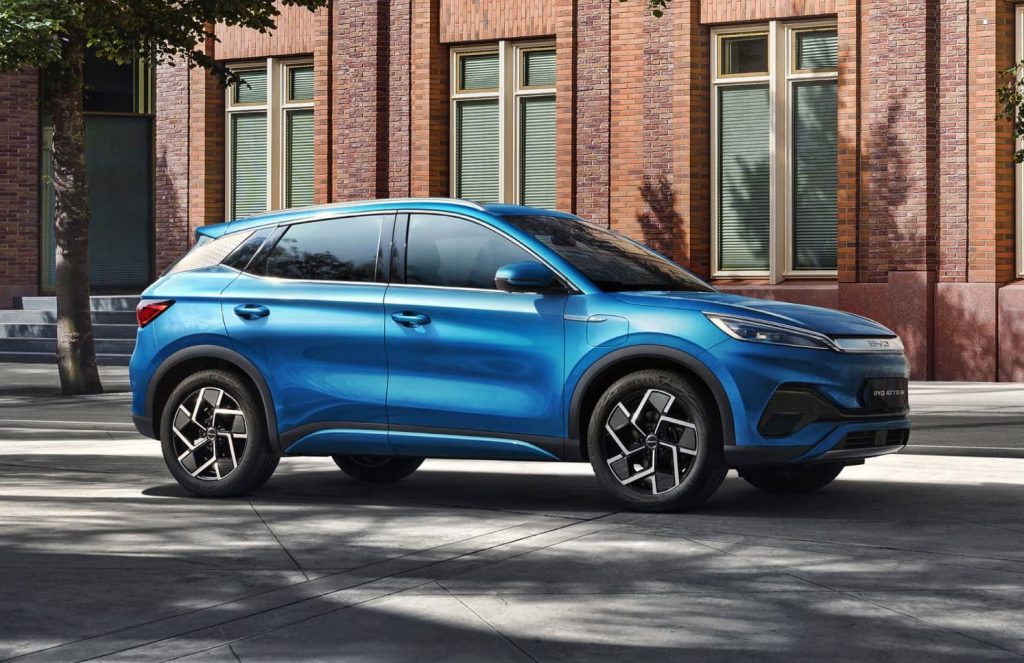
Considering Malaysia’s situation, Shah acknowledged the government’s initial efforts, like exempting import taxes and waiving excise duties for fully assembled EVs. However, he noticed that the ongoing fuel subsidy program contradicts the nation’s drive to promote EVs. This inconsistency results in EVs being 20% more expensive to both buy and run compared to ICE vehicles in Malaysia.
Reflecting on countries where price parity has been achieved, Shah noted that these nations, including India and Thailand, not only introduced tax exemptions but also provided subsidies to reduce the upfront cost of purchasing EVs. Additionally, they discouraged the use of fuel for ICE vehicles through methods such as taxes and, in some cases, carbon taxes.
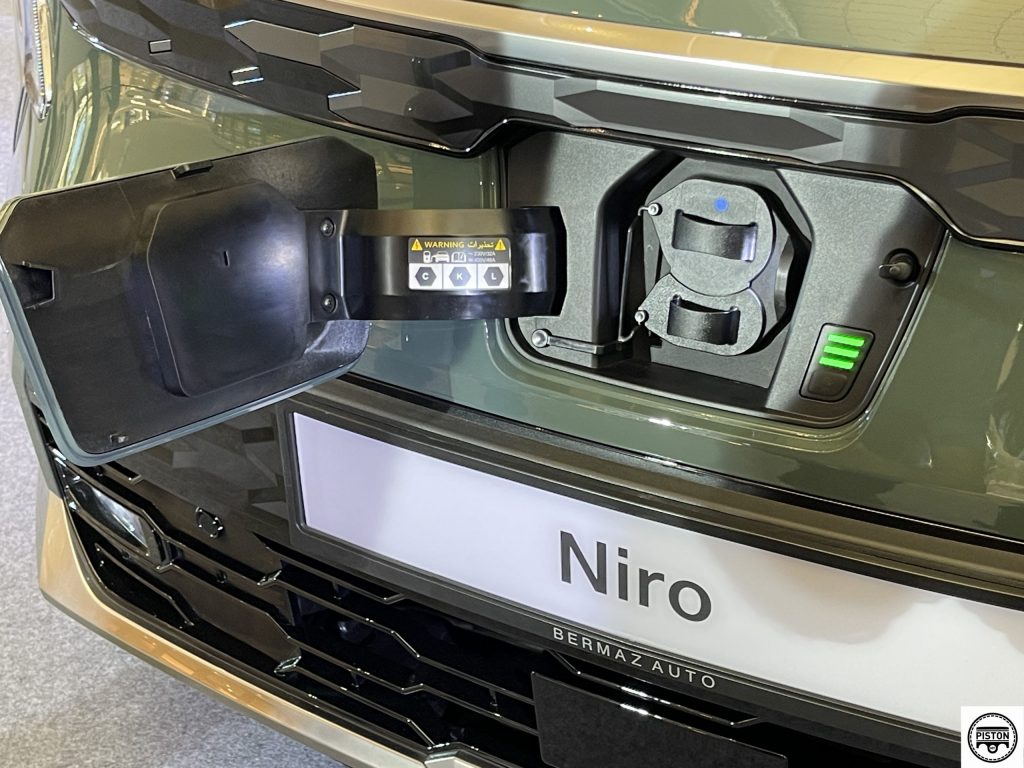
Shah emphasized that none of these successful countries, including India and Thailand, started with fuel subsidies. Instead, they implemented alternative measures like taxes and carbon taxes on fuel use for ICE vehicles.
Despite the challenges, Shah expressed hope about Malaysia’s path in promoting EV adoption. He mentioned that the upcoming unveiling of Part 2 of the National Energy Transition Roadmap by Prime Minister Datuk Seri Anwar Ibrahim on August 29 is eagerly anticipated by both the industry and consumers. Shah believes that this unveiling could significantly speed up the adoption of EVs in the country.




